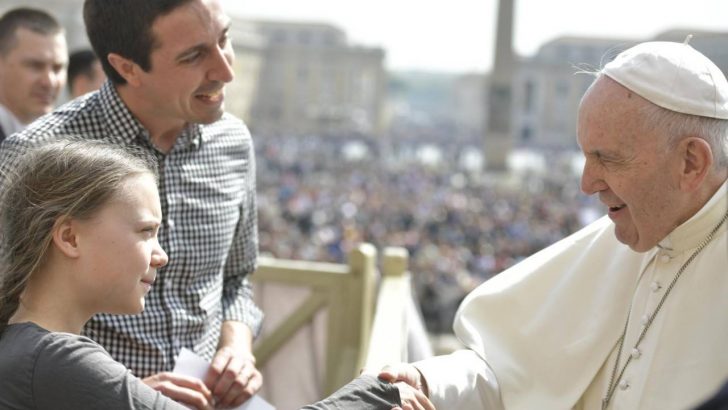Every day, since April 15, the French media – as well as philosophers and commentators – have been reflecting on the question of how the inferno at Notre Dame is a reminder of how precious the cathedral is, and how it links France today with France’s past and its Catholic culture.
Every king of France carried the title ‘Christian Majesty’ and despite the republican state’s embrace of secularism, Notre Dame represents the deposit of the sacred in the thread of the nation’s story. Notre Dame, wrote Nicolas Baverez in Le Figaro, is a place of pilgrimage for all Christians, and it also symbolises the very soul of France, bringing together all its past memories.
For the French, the past matters: history carries the nation’s character and ‘soul’. So, what an incongruous time, I thought, for Archbishop Diarmuid Martin of Dublin, to express regret that in Ireland “the Church is imprisoned in its past…in a whole culture, and that culture doesn’t respond any more to the realities”.
Dr Martin told Patsy McGarry of the Irish Times that he is concerned about the “cultural warriors” in the Catholic Church who are “resistant to change…saying ‘let’s restore what we had before and let’s be there, let’s be aggressive and let’s close our ranks’”.
Change
As a person who is has often welcomed change – sometimes leading from the front towards change – may I suggest that constructive change and valuing the past are not necessarily in conflict with one another.
To understand best how to change and develop, I would say it is imperative to have a profound understanding of the past, even if – perhaps especially if – that past doesn’t seem to correspond to today’s ‘realities’.
Many grave difficulties arise in the management of contemporary affairs because people have not sufficiently studied the deposit of history, in all societies
You do have to change and adapt to social and technological development. I couldn’t continue working as a writer if I were using a typewriter. But I also owe a debt of knowledge to the many reporters, commentators, thinkers and philosophers who have preceded me.
Culture
Whatever we do, we are building on what others have accomplished before us.
And what I have learned from thinkers from G.K. Chesterton to Hannah Arendt, from T.S. Eliot to Camille Paglia is that a culture does need a few “warriors” to defend it.
As the French have been saying since April 15, the past is ourselves: to go forward, we must own it, not rebuff it and to value the deposit of faith or tradition is not to be its prisoner.
***
Not all change is an unalloyed good, however. A new book on the influence of genes, The Science of Fate, by Cambridge science don Hannah Critchlow, claims that there is so much new knowledge about genetic inheritance that soon human embryos will be screened for character traits such as extroversion, agreeableness and openness to experience.
And what if the unborn, in the early stages of development, are found to carry genes which are considered to render their personalities less agreeable, attractive or emollient? The ‘choice’ will then surely be offered for such personalities to be ‘screened out’.
That every individual is a worthy human life, and every human life worthy of being redeemed is a Christian idea we must defend, more ardently than ever, in the coming times.
Swede dreams
All our politicians could learn from the example of Greta Thurnberg [pictured], the 16-year-old Swedish schoolgirl who is credited with starting a new ecological revolution in her campaign for Climate Change awareness.
A composed young lady who speaks calmly while urging children to take up the cause, she travels by train rather than plane.
Last weekend, she came from Stockholm to London by train (there may have been a boat involved, but not necessarily: train route would be across the Oresund Bridge to Denmark, from Copenhagen by Brussels by train and then to England via the Eurostar). Good for her!
She also speaks faultless English. Though a Swedish-speaking Englishman tells me that “English is very easy, very accessible, for Swedes”. When the Nordics get together in a group, they speak “Swinglish” – a mesh of Swedish and English.
Thus do new languages emerge.


 Mary Kenny
Mary Kenny Greta Thurnberg meeting Pope Francis during General Audience in the Vatican
Greta Thurnberg meeting Pope Francis during General Audience in the Vatican 